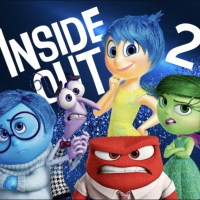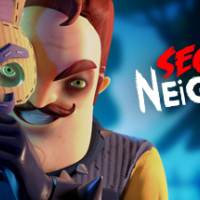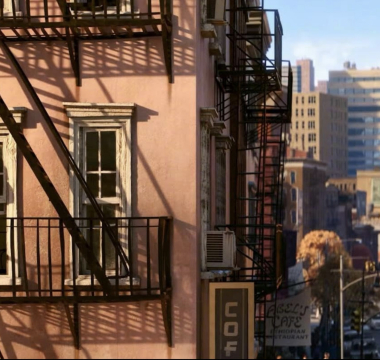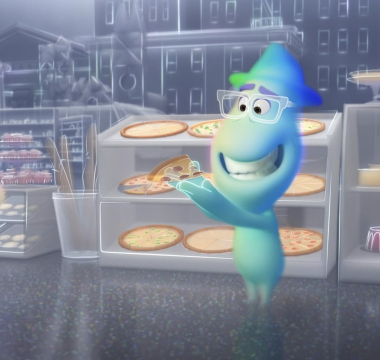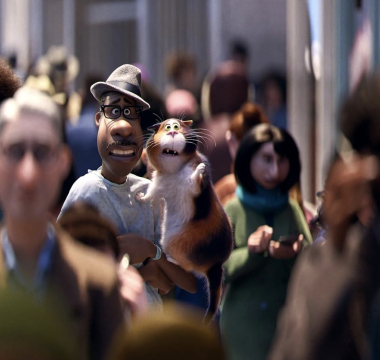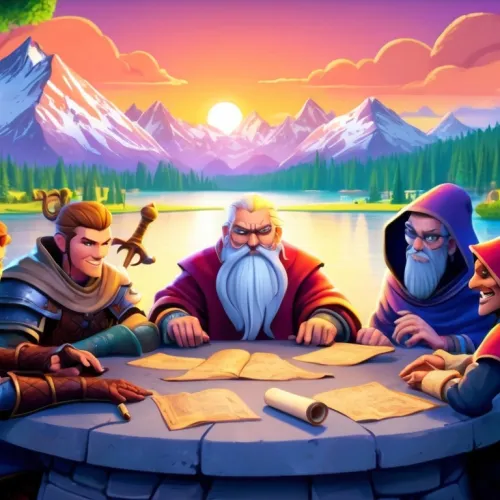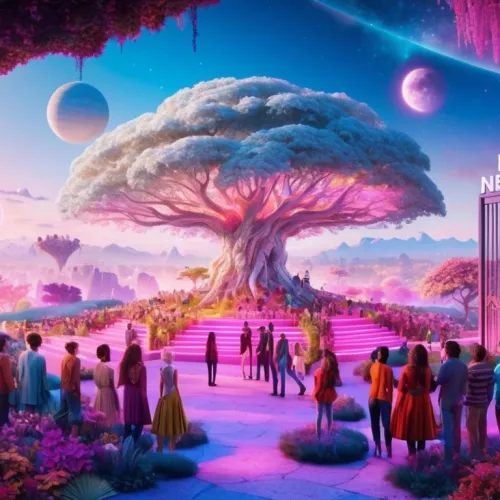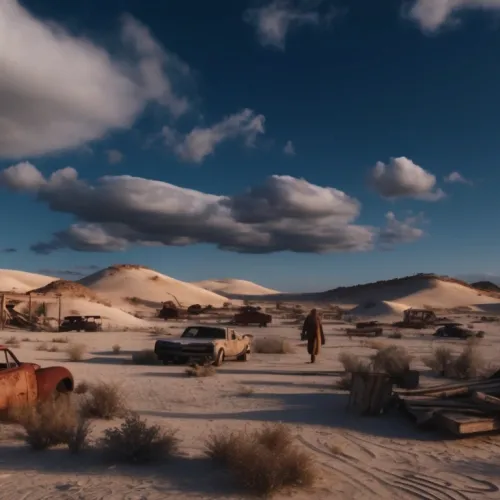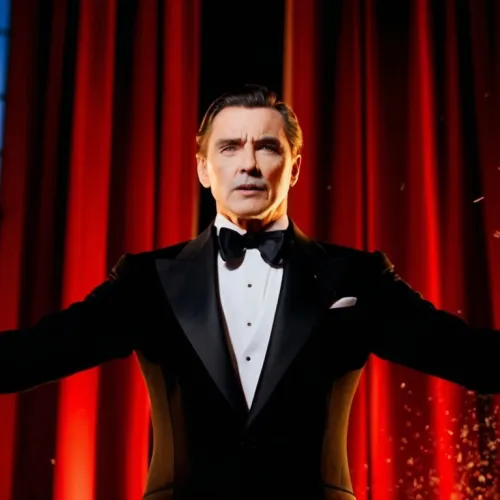Ever since Pixar burst onto the animation scene, I've eagerly awaited each of their releases. There's something magical about the way they blend profound storytelling with whimsical visuals. So, when "Soul" was released, I couldn't wait to dive deep into its narrative and visual marvels.
"Soul" presents a fascinating exploration of life, purpose, and the essence that makes us who we are. Pete Docter, the creative mind behind masterpieces like "Inside Out" and "Up," takes us on an ethereal journey that intertwines music, ambition, and the afterlife in a uniquely Pixar fashion.
The Genesis of "Soul"
The history of "Soul" is deeply rooted in Docter's curiosity about personality and purpose. After the success of "Inside Out," which dissected human emotions, it seemed almost inevitable that he'd turn his gaze inward again. This time, he delved into the metaphysical, peering into the very essence of what it means to be human.
As with many Pixar productions, "Soul" evolved over several years. It's more than just an animation; it's an artistic exploration that challenges us to reflect on our own lives and the sparks that define them.
A Fresh Take on Existential Themes
What sets "Soul" apart from other animated features is its willingness to tackle themes often reserved for adult cinema. It's rare to find a family-friendly film that so openly questions existence and purpose. The narrative begins not with birth but with an unexpected journey to the Great Beyond.
This bold narrative choice sets the tone for a story that doesn't shy away from the complexities of life, both before and beyond. It's a courageous move, one that pays off by offering audiences, both young and old, a new lens through which to view their own lives.
My Initial Impressions
From the moment "Soul" started, I was captivated. The film's vibrant depiction of New York City felt authentic yet full of the wonder Pixar is known for. The protagonist, Joe Gardner, a passionate jazz musician, resonated with me in unexpected ways.
His struggles and dreams felt universal yet deeply personal. Hearing his story, I was reminded of my own aspirations and the hurdles that stand in the way. It was refreshing to see such a relatable character at the heart of this metaphysical tale.
The Visual Spectacle
As expected, Pixar's animation is nothing short of stunning. The transition between Earth and the Great Before is seamless, each realm possessing its own visual style that enhances the story. On Earth, the richness of colors and textures brings Joe's world to life.
In contrast, the Great Before is ethereal and abstract, painted in soft hues and flowing lines that suggest boundlessness. The creativity involved in visualizing the intangible is awe-inspiring; it adds a layer of depth to the narrative that can't be overstated.
The Cast: Voices That Breathe Life
Jamie Foxx as Joe Gardner delivers a performance that blends humor and heart with ease. His portrayal captures the essence of a man at a crossroads, torn between his passion for music and the mundane routine of daily life.
Accompanying him is the ever-talented Tina Fey as 22, a character brimming with wit and reluctance. Their chemistry provides both comedic relief and emotional tension, driving the story forward with balance and grace.
An Ode to Jazz
At the core of "Soul" is its homage to jazz music. Joe's connection to jazz is profound, and the film does an excellent job of conveying its improvisational spirit and soulful depth. The music itself, composed by Jon Batiste, is integral to the film's emotional landscape.
Each note carries weight, enhancing scenes with layers of emotion and authenticity. The inclusion of jazz is not just a narrative device but a character in its own right, inviting viewers into its world through Joe's eyes and ears.
A Reflection on Mentorship
The dynamic between Joe and 22 serves as a commentary on mentorship and discovery. Joe, initially mistaken for a mentor, finds himself guiding 22. However, the roles often reverse, reminding us that teaching and learning are not always linear processes.
This aspect of the film encourages reflection on our own mentors and the ways in which we guide others. It highlights how growth often comes from unexpected sources and that the act of guiding another can be illuminating for both parties involved.
The Humor and Heart of "Soul"
One of Pixar's trademarks is its ability to blend humor with heartfelt moments, and "Soul" is no exception. The film cleverly navigates the line between laughter and introspection, ensuring moments of levity amidst its deeper themes.
Whether it's through Joe's endearing clumsiness or 22's playful skepticism, there's a lightness that permeates even the most profound scenes. It's this balance that makes "Soul" accessible and engaging, inviting viewers to ponder without feeling weighed down.
Family-Friendly, Yet Deeply Philosophical
While "Soul" is marketed as a family film, its exploration of philosophical concepts makes it much more. It poses questions about identity and existence that linger long after the credits roll. It's a testament to Pixar's ability to craft stories that resonate on multiple levels.
Though younger audiences may not grasp every nuance, the film's messages about finding one's spark and appreciating life are universal, offering something for viewers of all ages to reflect upon.
The Great Before: A Conceptual Wonderland
One of the film's most tantalizing creations is the Great Before, a whimsical realm where souls are shaped before their journey to Earth. This space is filled with creativity and potential, giving the film a sense of limitless imagination.
The rules and logic of the Great Before are presented with clarity, making it both fantastical and believable. It's a playground of ideas where abstract concepts take form, inviting audiences to envision their own pre-life adventures.
The Art of Balancing Dreams and Reality
At its heart, "Soul" is an exploration of dreams and the reality of life's choices. It challenges the notion that achieving one's dreams is the ultimate goal and explores what happens when those aspirations are realized.
Joe's journey is one of self-discovery, prompting viewers to consider their own dreams and the happiness those pursuits bring. It's a poignant reminder that dreams are only a part of the larger tapestry of life.
An Emotional Roller Coaster
Watching "Soul" is an emotional experience. The film takes its audience on a journey through joy, frustration, enlightenment, and contentment. Its ability to evoke genuine emotions is part of what makes it so impactful.
Each scene is crafted with care, ensuring that the emotions conveyed are authentic and relatable. From Joe's moments at the piano to 22's burgeoning realization of Earth's beauty, these emotional beats hit home with sincerity.
The Lesson of Living in the Moment
One of "Soul's" most profound lessons is the importance of living in the moment and appreciating the small joys life offers. It's a gentle reminder to savor experiences, whether mundane or extraordinary.
This message is beautifully conveyed through Joe's realization that life's fulfillment exists not just in grand achievements but in everyday wonders. It's a thought-provoking takeaway that encourages mindfulness and gratitude.
A Diverse Cast in a Universal Story
While "Soul" features a predominantly Black cast, its themes of identity and purpose are universally relatable. The film's commitment to representation helps broaden the narrative landscape of animation, offering visibility to underrepresented groups.
This addition of diversity enriches the story, adding cultural texture and nuance. It's a step forward for Pixar, demonstrating their dedication to telling stories that reflect the world we live in, while maintaining a universal appeal.
Conclusion: A Soul-Searching Journey
In conclusion, "Soul" is a testament to Pixar's enduring ability to create captivating stories that inspire introspection. It's a film that dares to ask big questions about life and purpose while wrapping them in an accessible, beautifully animated package.
For me, "Soul" was more than just a viewing experience; it was a journey of self-reflection and wonder. It reminded me of the sparks that drive us and the importance of appreciating the journey itself. In a world that often focuses on the destination, "Soul" invites us to find meaning in every step along the way.




